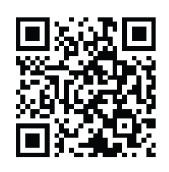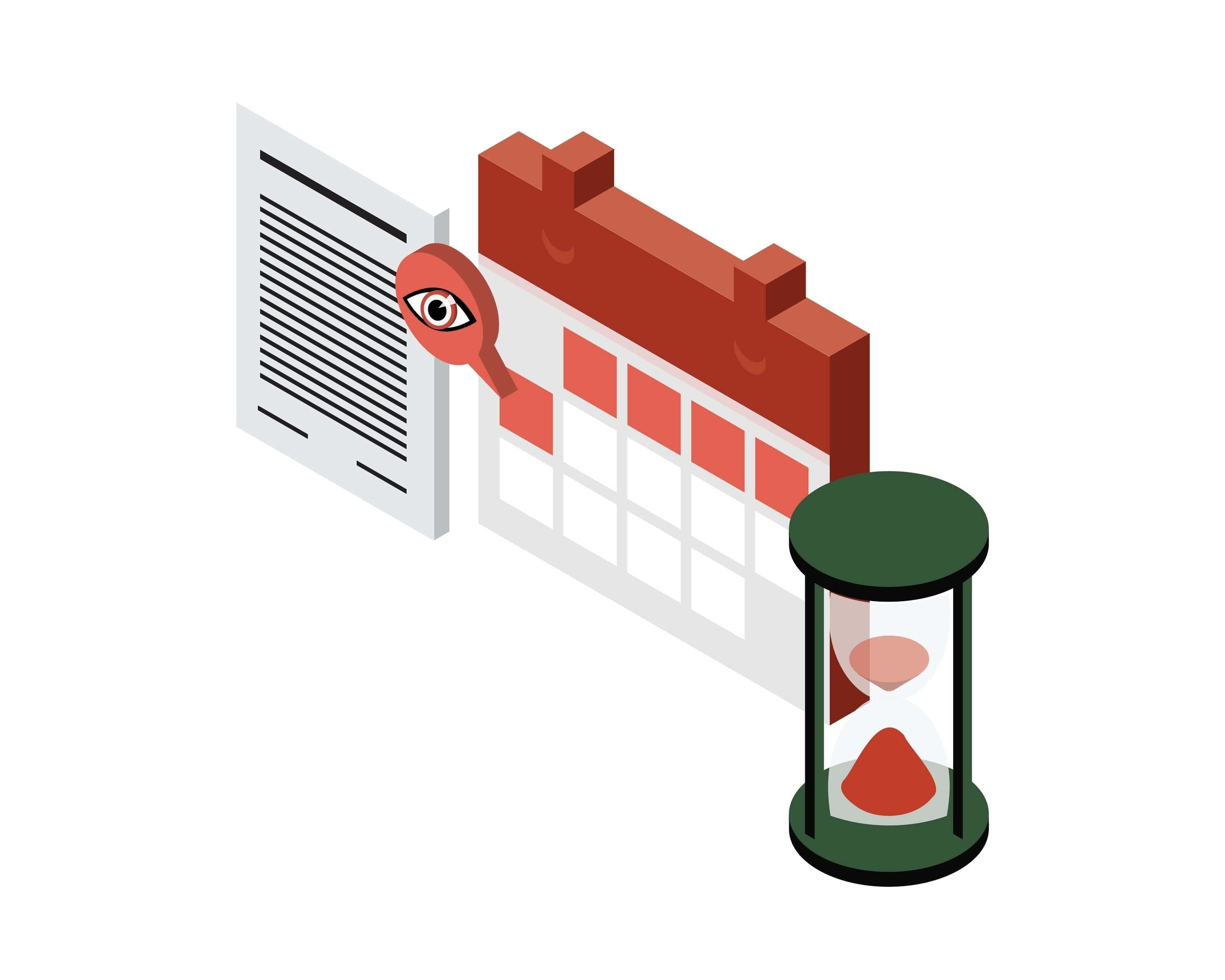Health insurance is an important yet mostly ignored element of financial planning. A good health insurance plan can help you face any health crisis without losing a grip on your stability and savings.
You can also claim deductions from your income to reduce the income tax payable. You can choose a suitable health insurance plan as per your needs and preferences to get the dual benefits of tax savings and health coverage. Read on to know more about eligibility and deductions under section 80D of the Income Tax Act.
What is section 80D?
Section 80D is a tax deduction benefit given in the Income Tax Act. The objective of this section is to motivate taxpayers to include health insurance in their financial plans for multiple benefits. The taxpayers can reduce their tax liability by claiming eligible deductions as mentioned in this section.
The tax deductions under this section are available to individual and Hindu Undivided Families. If you are a taxpayer you can deduct the amount of health insurance premium paid by you for yourself or for dependents and lower your tax burden. The details of this section are discussed further for your clear understanding.
Who are eligible to claim a deduction under section 80D?
The following persons are eligible to claim tax deductions under this section:
- Individual
- Hindu Undivided Family
Companies, firms, limited liability partnership firms, trusts, etc. cannot claim tax deductions under section 80D.
If you are an eligible taxpayer you can reduce the following amounts paid by you during the year from your total income:
- The health insurance premium paid for health insurance policy taken for self and spouse
- A health insurance premium paid for medical cover taken for dependent parents
- A health insurance premium paid for medical cover taken for dependent children
- Medical expenses incurred for parents who are above 60 years of age and are not covered under any health insurance plan.
- Expenses incurred for preventive health check-ups are also deductible from total income.
- For single-premium health insurance policies, you can claim a proportionate deduction of the amount relevant to the year. The amount to be reduced from the total income is arrived at by dividing the lump sum premium paid by the number of years for which the policy is taken.
Deductions under section 80D
The limit for allowable deductions under section 80D is given in the Income Tax Act. The deductions are also subject to conditions. The rules and specifications for claiming the deductions under this section are mentioned as under:
For resident individuals
| S.No. | Particulars | Age Limit | Maximum amount of deduction (in ₹) |
|---|
| (A) | Deduction for insurance premium | | |
| 1. | Medical insurance premium paid for self, spouse, dependent children | Below 60 years | 25000 |
| 2. | Medical insurance premium paid for self and spouse | 60 years or above | 50000 |
| 3. | Medical insurance premiums taken for parents (Non-Senior Citizens) | Below 60 years | 25000 |
| 4. | Medical insurance premium taken for parents (Senior Citizens) | 60 years or above | 50000 |
| (B) | Deduction for medical expenditures | | |
| 5. | Medical expenses incurred for self, spouse and dependent children | Below 60 years | Nil |
| 6. | Medical expenses incurred for self or spouse | 60 years or above | Upto 50000 (including the medical insurance premium paid for medical cover) |
| 7. | Medical expense incurred for parents (Non Senior Citizen) | Below 60 years | Nil |
| 8. | Medical expense incurred for parents (Senior Citizen having medical cover or not) | 60 years or above | Upto 50000 (including the medical insurance premium paid if insurance policy taken) |
For HUFs
| S.No. | Particulars | Age Limit | Maximum amount of deduction |
|---|
| 1. | Medical insurance premium paid for any member | Below 60 years | 25000 |
| 2. | Medical insurance premium paid for any member | Below 60 years | 50000 |
For Non-Resident Individuals (NRIs)
| S.No. | Particulars | Age Limit | Maximum deduction |
|---|
| 1. | Medical insurance premium paid for self, spouse and dependent children | - | 25000 |
| 2. | Medical insurance premium paid for parents (both senior citizen and non-senior citizen) | - | 25000 |
Can you claim a deduction for health insurance premiums paid in cash?
The answer is No. You can only claim a deduction for health insurance premiums paid through any mode other than cash. You can pay the premium through internet banking, cheque, demand draft, credit or debit card, UPI or any electronic payment mode to claim the deduction under section 80D. However, the payment for preventive health check-ups can be made in cash.
Deduction for preventive health check-ups
Section 80D also provides a deduction for a maximum ₹5000 for expenses incurred on preventive health check-ups. The deduction for preventive health check-up expenses is introduced by the government to encourage individuals to get any illness detected at an early stage.
The amount allowable for preventive health check-ups is included in the maximum deduction allowed for payment of health insurance premiums under section 80D. The expenses incurred for preventive health check-ups can be claimed as a deduction irrespective of the payment mode.
Points to be considered before choosing a health insurance plan
1. Ask your insurer about the claim process and the settlement process in detail.
2. Choose a health insurance plan as per your age and income level. If you are young, you can choose a plan with a lower insured amount.
3. The medical history of self and spouse or other family members for whom the medical cover is to be purchased is an important factor to be considered. The amount and the type of insurance coverage that you need should match your medical needs.
4. Analyse the eligibility for tax benefits. You cannot claim tax benefits for a premium paid for health insurance policies taken for non-dependent children, brother, sister, uncle, aunt, grandparents or any other relative.
5. Consider the types of medical expenses covered under the health insurance scheme such as hospitalisation expenses, maternity cover, medicine expenses, renewal charges, etc. You can choose a comprehensive coverage plan to get maximum expenses covered by the insurer during a health emergency.
Conclusion
You can conveniently pay the health insurance premium every year or lump sum under the single premium policy and claim deductions as per the limits specified under section 80D of the Income Tax Act.
You can avoid washing off your savings in case of a health emergency by taking a suitable and adequate health insurance plan. Whether you have a medical history or not, taking health insurance coverage for yourself and your family is a wise decision.
A well-suited medical cover can provide you with the dual benefits of tax-saving and risk mitigation in case of a health emergency.
Visit ABHI website and select the best health insurance plan as per your requirement.
You can also explore various following health insurance plans by visiting
https://www.adityabirlacapital.com/healthinsurance/activ-assure-diamond,
https://www.adityabirlacapital.com/healthinsurance/super-health-topup,
https://www.adityabirlacapital.com/healthinsurance/active-health-enhanced-insurance
and
https://www.adityabirlacapital.com/healthinsurance/activ-fit.
Visit now.






 1800-270-7000
1800-270-7000











